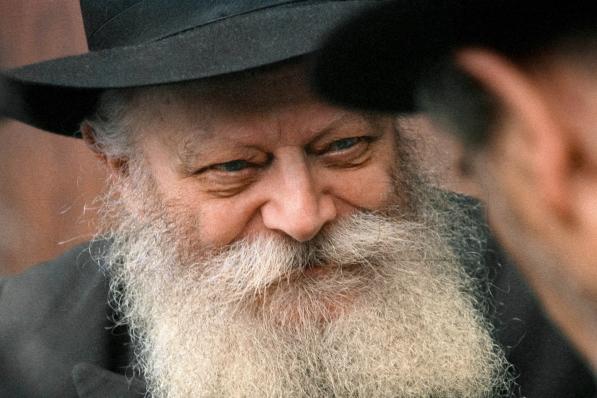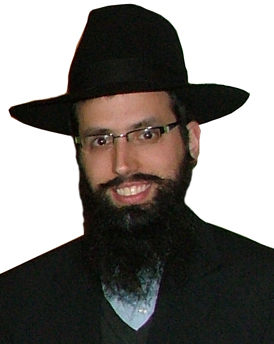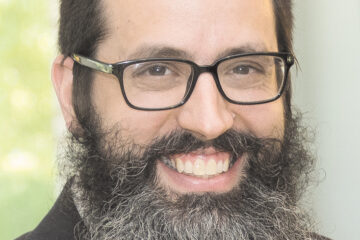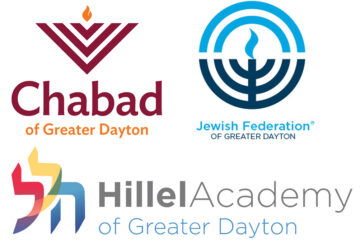The philosophy of Chabad

By Rabbi Levi Simon, Chabad of Greater Dayton
Envision Jewish life in an Eastern European shtetl — an idyllic atmosphere where everyone went about their life devout and undisturbed by big city problems. This has fascinated artists and authors from Marc Chagall to Isaac Bashevis Singer.
We read a beautiful description of this life in the introduction to Roman Vishniac’s photographic record of Eastern European Jewry before the Holocaust.
“There was scarcely a house in all the kingdom of Poland where its members did not occupy themselves with some study of Torah. Thus, there were many scholars in every community… And far be it that any man should oversleep the time of prayer in the morning, for there was a beadle assigned to the task of knocking on the window shutters of all homes…All of the pillars upon which the world rests — Torah, prayer, charity, truth, justice and peace — were in existence in the Jewish communities in the kingdom of Poland.”
Contrast this way of life to nowadays, where there is so much happening that demands our attention. Our religious life seems to be, at times, at the bottom of our list of priorities.

Which life is more ideal? The simple undisturbed life of the shtetl of yesteryear where all had time to devote to God, or the busy and hectic life of the present with so many demands on our time?
The Lubavitcher Rebbe, Rabbi Menachem Mendel Schneerson — whose 22nd yahrzeit will be marked on the Shabbat of the third of Tammuz, corresponding to July 9 — teaches that we don’t have to choose between the two.
The Jewish ideal is to integrate the pleasure of Judaism into the context and fabric of our modern life.
We must not view the demands of work and family as opposed to spirituality; rather, these are the first steps in making the world a beautiful garden of God.
In fact, we are instructed in the Torah to work in the world and build our professions, and as we do so, we can become closer to Godliness by treating people pleasantly and being honest in our business dealings, etc.
We see this philosophy in the Rebbe’s leadership of the Chabad movement. While other Chasidic groups have remained in a small geographic area and quite insular, the Rebbe demanded a different way from his Chasidim: Leave your community and go out to a place where there may not be anyone who looks like you or prays like you. There you can perform the mitzvot (commandments) and teach Torah not just for yourself, but spreading the Godly message to all those around you.
This is the call that the Rebbe’s Chasidim try to answer, even 22 years after he has passed away.
There are Chabad centers in thousands of cities in more than 80 countries throughout the world.
But his message was not only for those who consider themselves Chasidim. In each city, just like here in Dayton, where we as Jews are a small minority, we must shine our light for all those around us.
Each of us must make an effort to turn ourselves, our families, our homes and our city into a shtetl of love and caring where all our activities are imbued with Torah and mitzvot.
To read the complete July 2016 Dayton Jewish Observer, click here.




